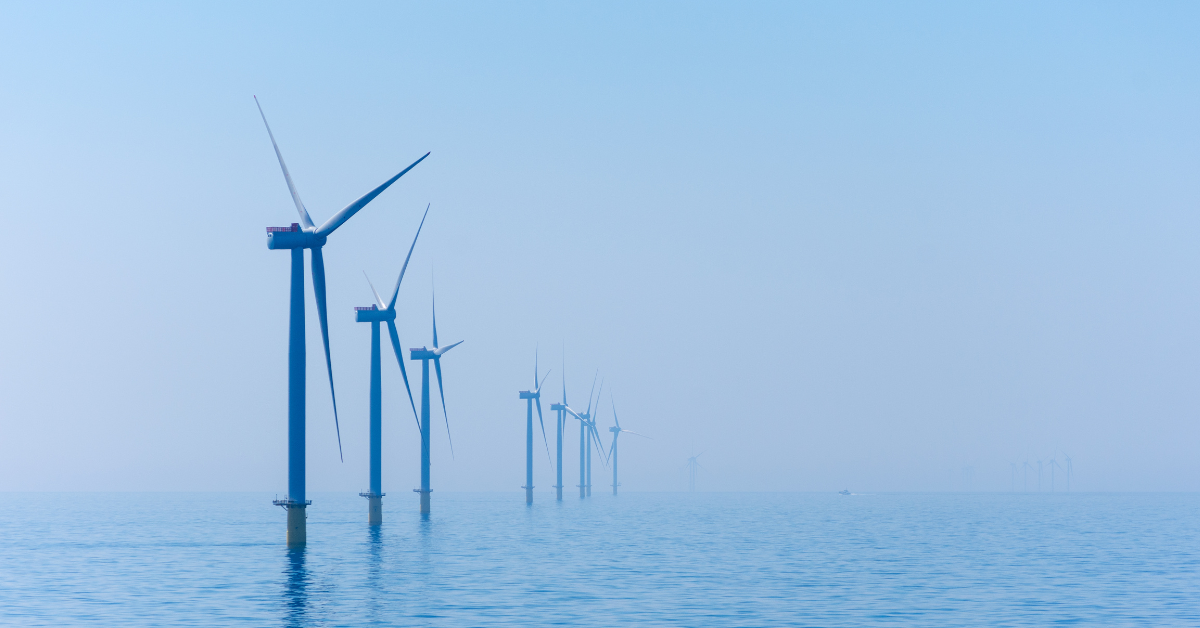
The Danish energy company Ørsted has made the decision to halt the development of the Ocean Wind offshore windpark. This project, set to be the first offshore windpark in New Jersey, was scheduled to be operational by 2025, with construction expected to commence in 2024.
The decision comes as a result of additional delays from suppliers, impacting the project timeline significantly. Additionally, Ørsted has revised its stance on certain aspects, including the monetization of tax credits and the timing and likelihood of final construction permits. Long-term increases in US interest rates have further undermined the business case.
Jan Vos, chairman of NWEA, expressed deep concern over the recent developments. He stated, “This decision by Ørsted fits into a series of failed tenders. This is dramatic. Globally, offshore wind is the cornerstone of decarbonizing our energy systems.”
Challenges in the Supply Chain
In September, Mads Nipper, CEO of Ørsted, suggested that the project might be delayed until 2026 due to supply chain issues – a statement later retracted by company officials. Nipper now expresses immense disappointment in announcing the cessation of development for Ocean Wind 1 and 2, emphasizing Ørsted’s belief that the United States requires offshore wind energy to achieve its CO2 emission reduction goals.
Nipper stated, “The significant adverse developments resulting from challenges in the supply chain, leading to delays in project planning and rising interest rates, have brought us to this decision. We will now assess the best way to preserve value while discontinuing the projects.”
“You can’t have your cake and eat it, too”
Vos highlighted the irony, stating, “Sustainable energy is inexpensive, yet governments are seeking funds from the producers of that energy. At the same time, fossil fuel subsidies are still considered a ‘fait accompli’. Conclusion: the companies that can provide clean and affordable energy are put in an impossible position due to contractual requirements. They are therefore withdrawing. It’s also a slap in the face to anyone concerned about the consequences of governments’ refusal to organize the tendering process reasonably. Simply put, our companies are being asked for too much. Governments want money on the table and clean energy, which is not feasible. You can’t have your cake and eat it, too.”
Source:NWEA

